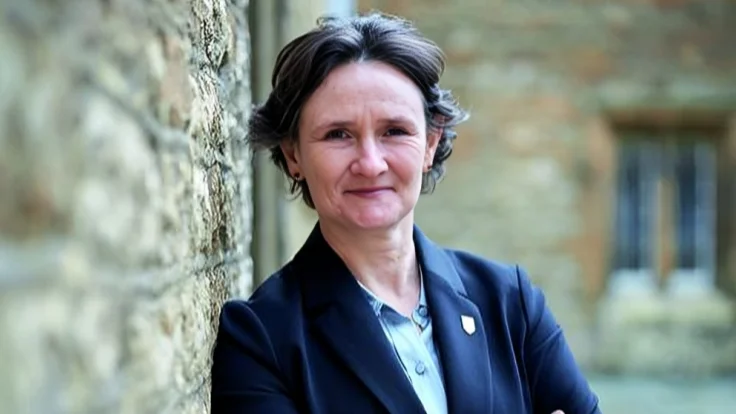A recent study by Oxford researchers has found that policymakers may significantly underestimate public support for climate action. The research follows calls from prominent political leaders to reconsider climate policies, citing what they claim is insufficient backing from the public.
Previous studies indicated that 69% of the general public are in favor of climate action. However, the new paper reveals that policymakers surveyed estimated this figure at only 37%.
Co-author Dr Stefania Innocenti, Associate Professor and leader of the Behaviour and the Environment research group at Oxford’s Smith School of Enterprise and the Environment, stated: “Policymakers’ decisions can be influenced by their perceptions of public opinion. It is possible that their underestimation of how much the public cares about climate change could limit their policy ambitions.”
The study involved surveying 191 attendees at the United Nations Environment Assembly (UNEA), asking them to estimate what proportion of people worldwide would be willing to donate 1% of their salary to address climate change. Participants included politicians, staff from the United Nations and other multilateral institutions, as well as at least 24 active policy negotiators.
Researchers clarified that they were not advocating for actual income contributions but used this question to gauge perceptions about global support for climate action.
Dr Ximeng Fang, lead author and Research Fellow at Saïd Business School, University of Oxford, commented: “It’s not just policymakers - our findings suggest that individuals playing a diversity of roles at international environmental governance meetings could be operating under the assumption of a weaker public mandate for climate action than reality.”
The authors noted that even delegates with higher engagement in environmental issues seemed to underestimate global support for climate action to a similar degree as the general public. They suggested this pattern warrants further investigation.
Dr Innocenti added: “There are some plausible explanations for our results, which include the impact of news media and lobbying and the frequency of exposure to individuals with particular ideological viewpoints. While more research is needed before we can say for sure why policymakers underestimate the public on climate change by such a high degree, our results suggest the presence of misperceptions.”
Co-author Dr Joshua Ettinger, former University of Oxford DPhil researcher and now a Postdoctoral Research Fellow with George Mason University Centre for Climate Change Communication, said: “I hope our research encourages policy officials to be braver and pursue more ambitious climate policies. They have more public support than they may realise.”
The full study is available in Nature under the title 'United Nations Environment Assembly attendees underestimate public willingness to contribute to climate action'.

